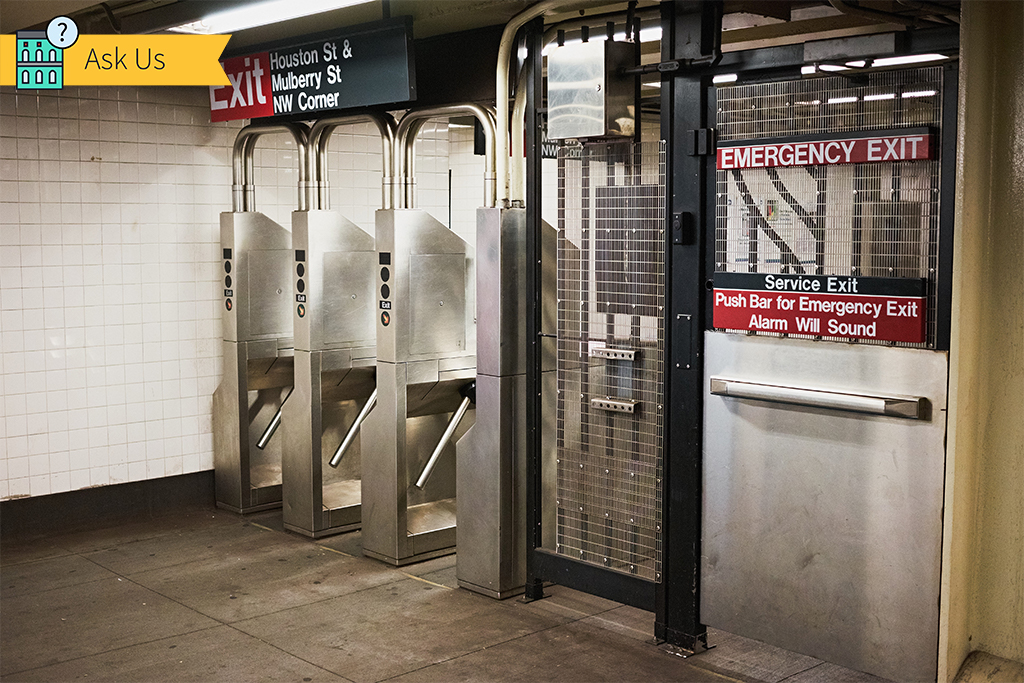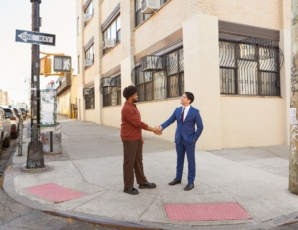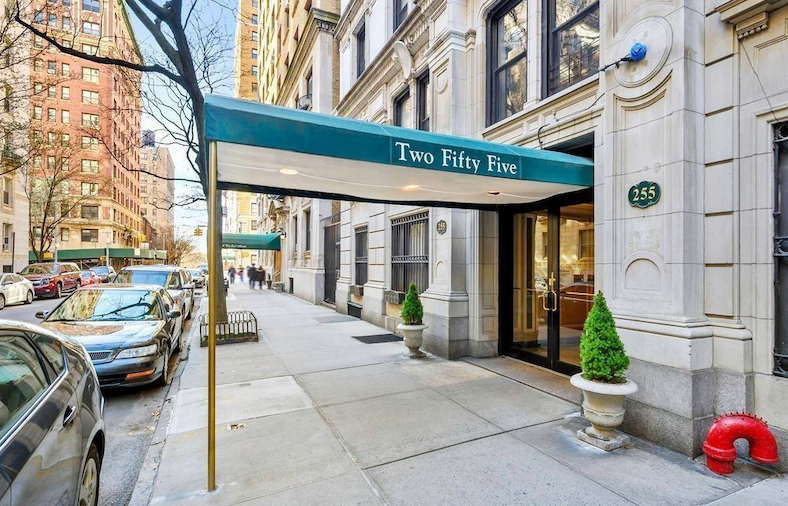
The sign says “alarm will sound.” Will it?
Question: When I get off the subway near my office, I see people using the emergency gate, rather than turnstiles, to exit the station. What’s the point? Do they really arrest you if you go through one?
— Doing the Right Thing in the Flatiron District
Dear Doing:
Go ahead. Live a little.
For most New Yorkers, there are rules and there are rules. Among the former, you’ll never see a New York driver turn right on a red light (Jersey drivers!). And you’ll never see a New Yorker pick flowers in Central Park (tourists!).
But you will see New Yorkers jaywalk with impunity (yes, there’s a law about that) and sip wine as they picnic in Central Park (ditto). Emergency gates are definitely in the latter category. No one pays them any attention anymore.
The gates are a relatively new addition to the subway, and the people never really warmed to them. They were installed in 2005-2006 as an anti-terrorism device, making it easier for people to escape a platform in an emergency. For the first 10 years, opening the gate came with an ear-splitting alarm that lasted about 30 seconds. In busier stations, the alarms blared almost nonstop through rush hours as commuters sought out the paths of least resistance to exit platforms.
But the writing was on the subway walls: The gates weren’t being used as planned. And MTA essentially threw in the towel in 2015, when it killed the alarms, tacitly acknowledging that the “emergency” exits were just exits.
BTW: Remember, these gates are exits, not entrances. Using a gate to enter the system is theft, like turnstile jumping. Yes, you will from time to time see people use the gates to bring in strollers or large bundles. They are not supposed to do that, but they will. No one’s going to tell an overburdened mother, or father to suck it up and swipe their way in. But that should be the exception, not the rule.
David Crook is a veteran journalist and author of The Complete Wall Street Journal Real-Estate Investing and Homeowner’s Guidebooks. Do you have a question about anything real estate-related in NYC? Write him at askus@streeteasy.com. For verification purposes, please include your name and a phone number; neither will be published. Note: Nothing in this column should be considered professional legal advice. If you have a legal issue, consult an attorney.
—
Hey, why not like StreetEasy on Facebook and follow @streeteasy on Instagram?
Related:








